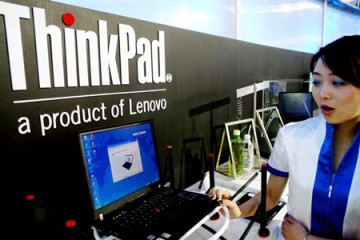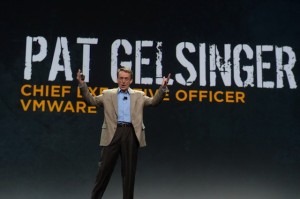 ADVA is playing a key enabling role in the UK’s first quantum network. Built by the University of Cambridge and officially launched this week, the network is based on a metro transport system in the city of Cambridge.
ADVA is playing a key enabling role in the UK’s first quantum network. Built by the University of Cambridge and officially launched this week, the network is based on a metro transport system in the city of Cambridge.
The thing super-encrypts data using quantum key distribution (QKD) for complete and long-term cryptographic data security, it seems.
And here comes the hyperbole. The openness of the ADVA FSP 3000 platform, which can accept keys from third-party systems utilizing standard protocols, is a vital component of the ultra-secure ROADM-based network. For several years, ADVA has worked closely with Toshiba and the Quantum Communications Hub to engineer the groundbreaking data protection system. Quantum cryptography is expected to be an essential tool for securing mission-critical infrastructure as it protects against all forms of cyberattack, including future advances in quantum computing.
Tim Spiller, York University and director of the Quantum Communications Hub said: “As part of the UK National Quantum Technologies Programme in the Quantum Communications Hub, we’re bringing together a wide range of universities, public sector bodies and private companies in a unique collaboration. Our shared goal is realizing the potential of QKD technologies to deliver secure communications. Now, alongside key partners such as ADVA, we’ve reached the stage where QKD-based security is ready for live traffic.”
Here’s some more hyperbole. The ADVA FSP 3000’s open interface was developed to comply with early drafts of the new ETSI quantum-safe cryptography standard currently being developed by an ISG headed by Toshiba. This lets the platform to interoperate with external systems and is crucial to the viability of the new QKD solution as it allows the ADVA FSP 3000 to securely and robustly accept keys. What’s more, ADVA’s WDM platform is able to utilize the same fiber for sending high-speed encrypted data as well as for distributing (or generating) quantum keys. QKD is widely predicted to be fundamental to the future of transport network security, especially for finance and government network applications. Distributing encryption keys by transmitting quantum states guarantees the secrecy of data as any attempt to intercept traffic disturbs photons, introducing coding errors and alerting network operators. This makes QKD the ultimate defence against man-in-the-middle attacks.
Jörg-Peter Elbers, SVP, advanced technology, ADVA said that the launch was a genuine milestone for data protection.
“By working with Toshiba and the Quantum Communications Hub to advance QKD, we’re ushering in a new age of robust security. This technology will provide peace of mind to businesses most at risk from cyberattacks both now and in the future. They and their customers can have confidence that their data will be shielded from all threats including data harvesting for future quantum hacking.
“In recent years, our encryption technology has earned a formidable reputation for protecting service provider and enterprise networks while ensuring highest capacity, lowest latency and maximum scalability. Our ConnectGuar suite offers the strongest protection possible at Layers 1, 2, 3 and 4. Using our FSP 3000 to enable QKD protection ensures our technology will remain at the forefront of secure data transport, even in the post-quantum era.”
Andrew Shields, assistant managing director of Toshiba Research Europe Limited, Cambridge Research Lab said: “Developing quantum cryptography in fiber optic networks has long been a focus for our team. Over the years, we’ve taken it from PoCs in the lab to real-world demonstrations and we were the first company to achieve a transfer rate of more than 1Mbit/s for quantum communication. Now, through close collaboration with ADVA and the Quantum Communications Hub, we’ve created a fully operational transport network secured by QKD and ready to carry live data..
“At a time of increasingly frequent and severe cyberattacks, this technology will prove vital to enterprises looking to fortify their data security, particularly those in the financial sector. Not only does it offer a new level of protection against intrusion on fibre optic networks, but it also safeguards against the upcoming threat of hacking in a post-quantum world.”
Ian White, van Eck Professor of Engineering, University of Cambridge added: “The development of the UK Quantum Network has already led to a much greater understanding of the potential of this technology in secure applications in a range of fields, in addition to bringing new insights into the operation of the systems in practice,” commented “I have no doubt that the network will bring much benefit in the future to researchers, developers and users.”
You can find more details on your smartphone.
 Rather than fear robots taking over the contact centre, Teleopti’s Business Manager for UK and Ireland Nick Smith says it’s time to harness the power of both worlds to improve the customer’s experience.
Rather than fear robots taking over the contact centre, Teleopti’s Business Manager for UK and Ireland Nick Smith says it’s time to harness the power of both worlds to improve the customer’s experience.


















